Story Movie
![Paths of Glory 4K 1957 Ultra HD 2160p]()
The film is set in 1916 on the Western Front. Colonel Dex commands an infantry regiment of the French army. For two years, the Allies have been trying to turn the tide against the Germans. Corps Chief General Brouillard orders Divisional General Miro to attack the impregnable enemy position, nicknamed Ant Hill.
The failure of the operation was obvious initially, but when the attack ended in complete failure, the general ordered that three men be tried and shot for cowardice. Colonel Dax tried in vain to protect the soldiers chosen at random. They gave their lives to cover the stupidity and ambition of their superiors...
Review 4K Movie
Perhaps Kubrick's favorite themes are sex and war. Love and hate, poetically speaking, cruelty and lust, unvarnished. These are two of the oldest human instincts that have accompanied the human race for thousands of years. If the pinnacle of Kubrick's first theme was Eyes Wide Shut, then the second is unequivocally Paths of Glory. In this picture, based on real events, Kubrick puts all the ugliness of war and the place of man on the battlefield. To do this, he shows the development of events on three levels.
First, it is war for Generals and big personalities in general. They drive around in nice cars, drink elite drinks, discuss the fate of soldiers in palaces. They talk like a game, for example, the phrase
"The main thing is not to overdo it, I think a dozen will suffice," referring to soldiers being prepared to be shot. The phrase was said lightly, with a smile on his face, and the other participant in the conversation responded grudgingly
"It was about a hundred." Stuck-up commanders, do not put human life in something, for them it is only combat units, calculated in percentages. The generals themselves achieve victories not to defeat the enemy, but for their own ranks. General Brouillard does not realize that Colonel Dax is unselfishly trying to save the soldiers, and to sue Paul Miró in the name of justice. Brouillard sees this as a calculation for the general's position, and even praises Dax for it, which enrages the latter. These high officials no longer have a handful of conscience, they are not sitting in the trenches under the oppression of bullets and bombs, they have even forgotten who they are fighting against. They have their own battlefield. Where it's every man for himself. Smiling in your face while they're trying to figure out how to get your post. Probably this part, where the French command was not in the best light, caused a ban on showing in France for many years. But it's not specifically about France, do you think it's different in Russia? That's the way it is in any country; soldiers have their own war, generals have their own war.
The second level is a war for ordinary people. Paul Miró calmly walks through a trench and despises the shell-shocked soldier, calling him a coward. The general will be here at most one day before the operation, when the soldier still has a long time to watch death. Miro will be holed up in a foxhole when the soldiers go into battle. They are sent on an impossible mission. To get through a hail of bullets and bombs, and not the fact that any of them will make it to the end. In this part of the film, Kubrick shows his talent for shooting large-scale scenes. The moment with the soldiers going into battle can be called one of the best in his career. Here the director makes the viewer feel on the battlefield. And understand why the soldiers did not come out of the trenches. This is in pathos patriotic films soldiers run unarmed to certain death with cries of "For the Motherland" or the like. It is easy to say "I would give my life for my country" in front of the officers, but when you are hiding in a puddle of mud and blood, surrounded by pieces of meat, yesterday calling themselves people, and bombs raining down from the sky, your view of the world changes, and your heroism is replaced by a completely natural reaction of self-preservation. Where to go? Ahead of a barrage of bullets, explosions, a wall of fire, excuse me, but you don't want to die for the sake of the uniforms of those senior in rank.
One more detail, which is important. Not a single enemy is shown, only bombs from the sky and generals giving orders to destroy their own troops. By that the director underlines the futility and vagueness of the war. After all, where are the soldiers running to? Over that hill is the enemy who wants to destroy your country, or simply the abyss? In fact, that's where your reflection is. The same soldiers, to whom the same generals, in the name of their shoulder straps, are giving impossible orders. And if you think about it you realize that you're not a bloody hero, but a murderer. And what kind of morale after that?
The third level, this is absurd war. In this part, you can feel the director's wicked irony in everything (especially the scene drenched in black humor, after Dax's heroic speech). After a failed operation, scapegoats have to be found, and it clearly won't be the generals. First it's about shooting a hundred soldiers to make an example of others, then the number goes down to ten, and then to three. Well, great! What does the death of three men mean anyway, it will not change the outcome of the war, but it will teach the rest of the soldiers a lesson. That's what General Paul thinks. But not Colonel Dax. He becomes the soldiers' last hope of escaping the bullets, not of the enemy, but of their own countrymen. This character of Kirk Douglas was also in the two previous levels of the picture, but here his role becomes the most prominent. The duo of Kubrick and Douglas, have created a real hero. Without pathos or glamour. A man who hasn't lost his mind and his conscience in this war. For whom the common soldier, is still a life, not a fighting unit.
Dax becomes a lawyer at the trial of three soldiers who happen to be here. One of them showed heroism and tried to save his fellow soldier Lejeune to the last man, when his superior (who sent the soldier to be executed) chickened out and caused Lejeune's death. Now this soldier is awaiting trial, accused of cowardice and about to be sentenced to execution. This whole trial is just a charade. Everything has long been decided, but the colonel is desperately trying to get justice, from the stale and rotten clerical rats. In this part we see the truly horrible side of war. People are no longer in the trenches, there are no bombs around, but they are still in danger.
"They're afraid of German bullets, they'll get French bullets." What does that make it? You don't die from an enemy bullet, you're bound to die from a compatriot's bullet? Yes. That's right. Again, it wasn't just in WWI France. Remember World War II in the USSR, where the NKVD shot those retreating back. War is the same everywhere, whether it's France, the U.S., Russia, England, or any other country.
Kubrick showed each of these levels as authentically as possible. War as a way to earn ranks, as a business (as the Joker will say in "Full Metal Jacket"), war as blood, violence, grief, cowardice, hypocrisy, and simply the guise of primal human instincts. And it is not even the main thing in this film what war is, but who the common man in this war is. For the sake of what should a soldier run to the enemy bayonets? The high posts know this. They follow paths made up of such soldiers. They go for ranks, orders, and big money. These are the Paths of Glory.
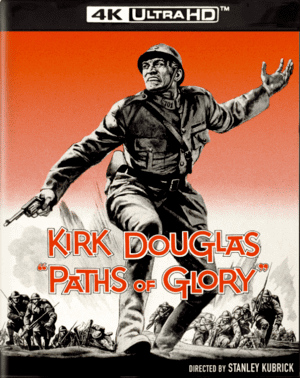


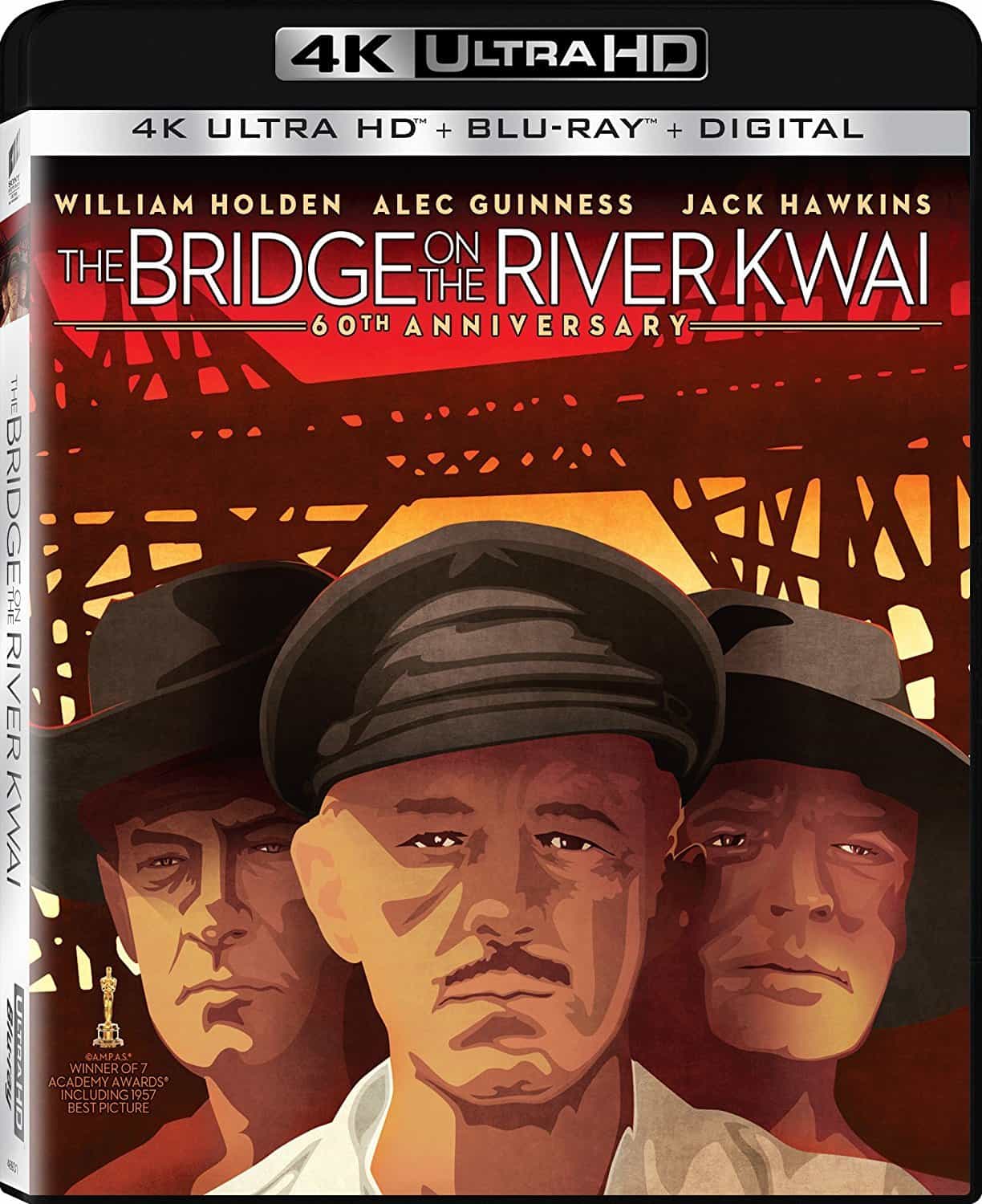 [/full-link]
[/full-link]
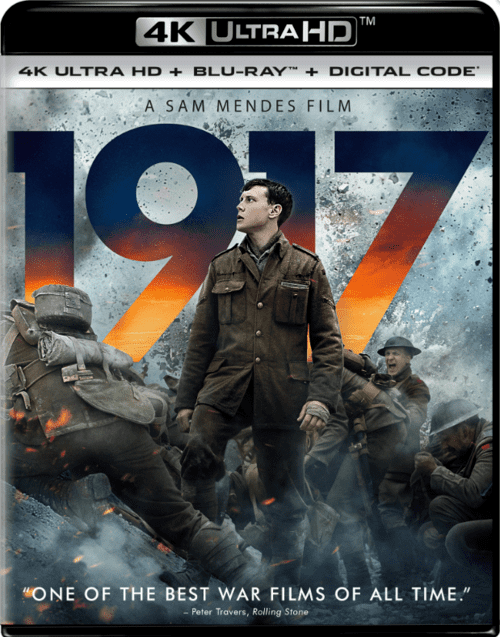 [/full-link]
[/full-link]
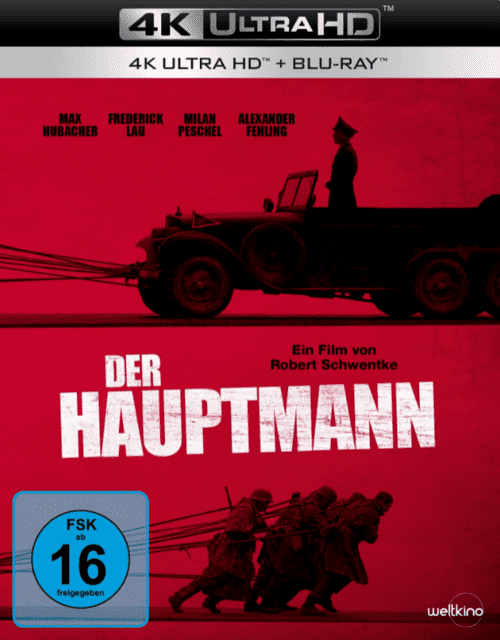 [/full-link]
[/full-link]
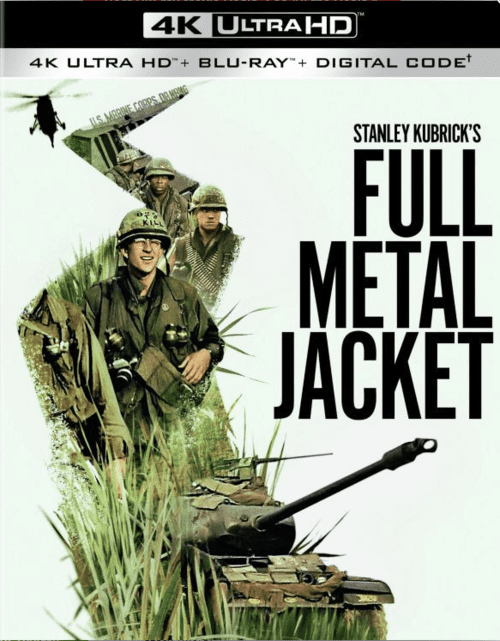 [/full-link]
[/full-link]
